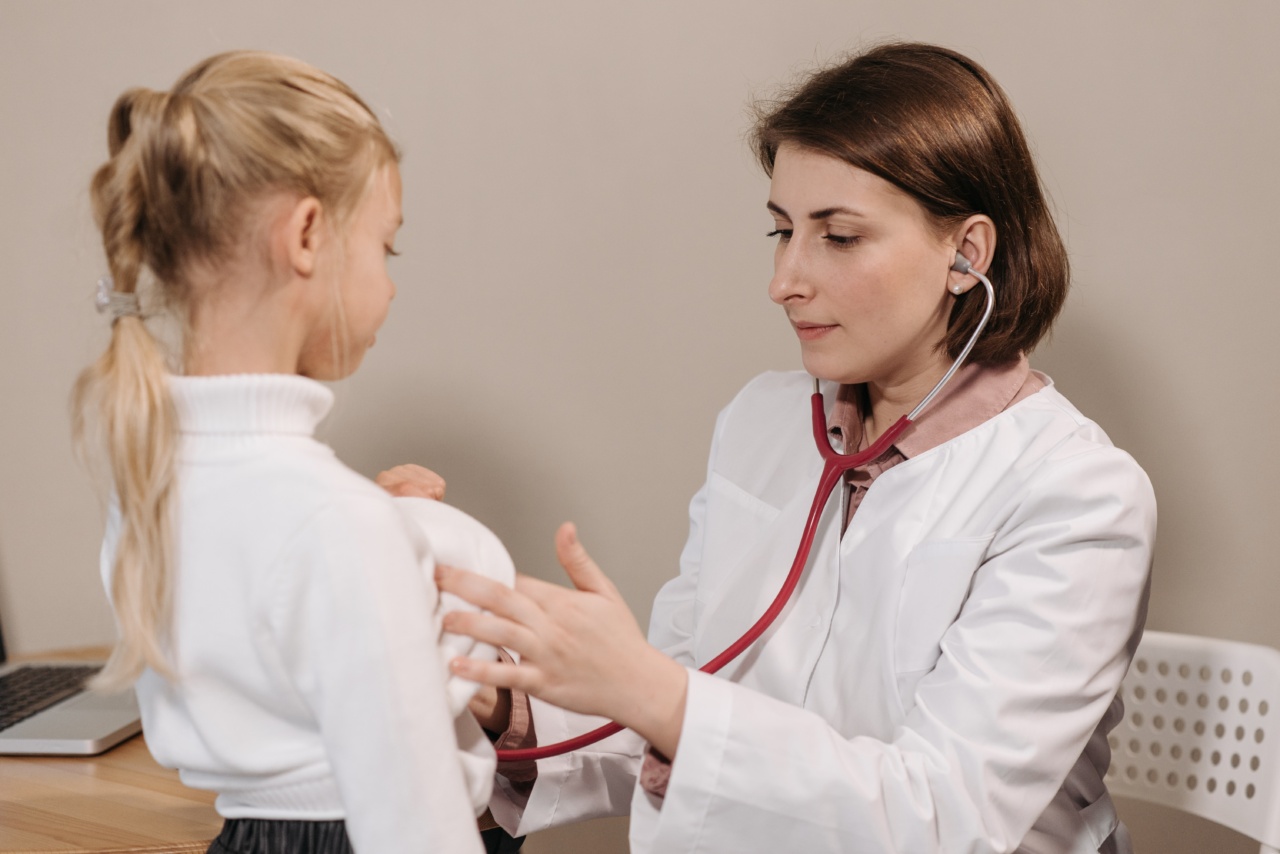Echinococcosis, also known as hydatidosis, is a parasitic infection caused by the larvae of the tapeworm Echinococcus. This disease is prevalent in many regions of the world, including parts of Europe, Asia, South America, and Africa.
In humans, echinococcosis often leads to the development of cysts in the liver and lungs, which can cause serious health problems if left untreated.
How Does Echinococcosis Spread?
Echinococcosis is spread through contact with infected animals, usually dogs or other canids. The tapeworm eggs are shed in the feces of infected animals and can contaminate soil, food, and water.
Humans can become infected by ingesting food or water contaminated with tapeworm eggs, or by contact with infected animals. In rare cases, people can become infected by inhaling the eggs, which can lead to the development of lung cysts.
What Are the Symptoms of Echinococcosis?
Many people with echinococcosis do not experience any symptoms, especially in the early stages of the infection. When symptoms do occur, they typically include abdominal pain, fatigue, and nausea.
Liver cysts may also cause swelling in the abdomen and jaundice. Lung cysts may cause shortness of breath, chest pain, and coughing. In some cases, cysts may rupture and cause life-threatening complications.
Diagnosis and Treatment of Echinococcosis
Diagnosis of echinococcosis typically involves a combination of imaging tests such as ultrasound, CT scan, or MRI, as well as blood tests to look for antibodies against the tapeworm.
Treatment of echinococcosis may involve surgery to remove the cysts, along with antiparasitic medications to kill the tapeworm larvae. In some cases, a minimally invasive procedure called percutaneous treatment may be used to drain the fluid from the cysts and inject medication.
Prevention of Echinococcosis
The best way to prevent echinococcosis is to avoid contact with infected animals and contaminated soil.
In areas where the disease is common, it is important to promote good hygiene practices such as washing hands regularly, cooking food thoroughly, and avoiding raw or undercooked meat. Dogs and other canids should be treated for tapeworm regularly, and their feces should be disposed of safely.
Complications of Echinococcosis
If left untreated, echinococcosis can lead to serious complications such as cyst rupture, spread of infection to other organs, and secondary bacterial infections.
Ruptured cysts can cause anaphylactic shock, a severe allergic reaction that can be life-threatening. In rare cases, echinococcosis may even lead to death.
Cysts in the Liver and Lungs: What You Need to Know
Cysts in the liver and lungs may be caused by a variety of conditions, including echinococcosis. These cysts can be benign or malignant, and may not cause any symptoms in the early stages.
If left untreated, however, they can grow in size and cause complications such as infection, bleeding, and organ damage.
Diagnosis and Treatment of Cysts in the Liver and Lungs
Diagnosis of liver or lung cysts typically involves imaging tests such as ultrasound, CT scan, or MRI. Blood tests may also be used to check for signs of infection or other abnormalities.
Treatment of cysts in the liver and lungs may involve surgery to remove the cysts, along with antibiotics or other medications to prevent infection or relieve symptoms. In some cases, minimally invasive procedures such as draining the cysts or injecting medication may be used.
Prevention of Cysts in the Liver and Lungs
Prevention of cysts in the liver and lungs may involve avoiding exposure to toxins or other harmful substances that can damage the liver or lungs. In some cases, avoiding certain foods or substances may help reduce the risk of developing these cysts.
It is also important to maintain a healthy lifestyle, including a balanced diet, regular exercise, and avoiding alcohol and tobacco.
Complications of Cysts in the Liver and Lungs
If left untreated, cysts in the liver and lungs can cause serious complications such as infection, bleeding, and organ damage. Large cysts may even rupture, causing life-threatening complications such as anaphylactic shock or respiratory failure.
Early diagnosis and treatment are essential to prevent these complications and ensure a good outcome.































